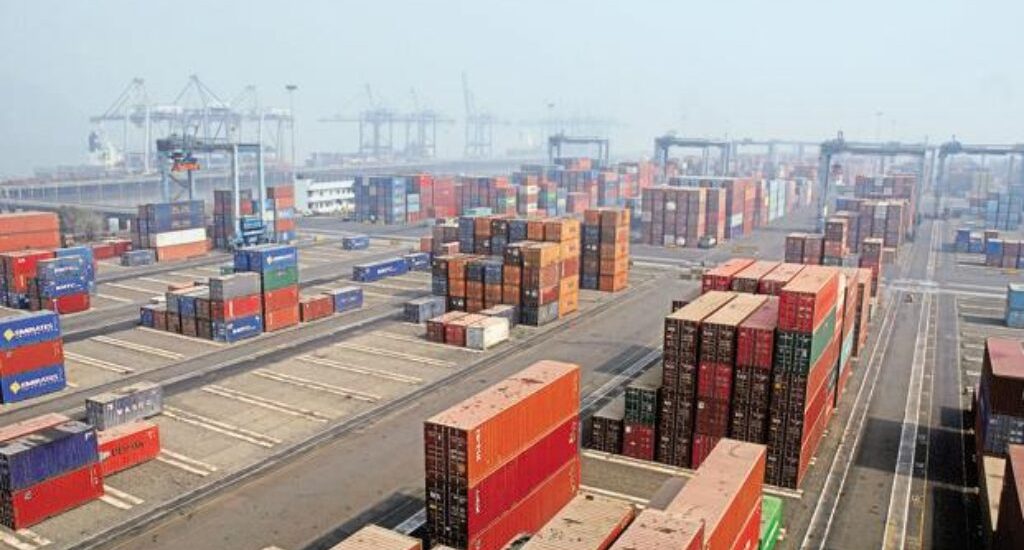- September 1, 2021
- Posted by: adminer
- Category: Free Trade Zone, International, Uncategorized

Close your eyes. Imagine that you are a twenty-five-year-old working in the heart of Islamabad as a Product Manager at a Fintech startup that plans to launch a digital payments solution powered by blockchain technology.
It is another day at work in your office, located in a co-working space next to the Innovation Lab of one of the world’s biggest digital payments solutions companies.
Even though your startup has not yet raised the next funding round, the office space is subsidized because the President of the Lab sees potential in your product and the entrepreneurial grit that your team brings in the vicinity. After a long day at work, you are famished and cycle to a restaurant nearby, where you spot one of the leading tech lawyers in the country.
As the seat next to them is vacant, you politely introduce yourself and exchange ideas about what you are working on. In the next hour, you brainstormed regulatory challenges that you were not even aware of, given that you have no legal expertise in your startup.
This is just a tiny glimpse of what it means to be a part of a Knowledge Ecosystem. You are a ‘knowledge worker’ in the flagship Special Technology Zone – Islamabad Technopolis. Your work has the potential to alter the trajectory of the entire nation (and perhaps the region). Before any further discussion on the vision, it is essential to look back and learn from history.
While there have been various missed windows, the pathway ahead is now clear to harness the potential of a young nation brimming with opportunities. Pakistan’s economy in the 1960s was doing much better than countries like South Korea, Malaysia, Indonesia, and even China. Our exports were USD 160 million in 1960 against South Korean exports of only USD 32 million.
Now, we are stuck with USD 20-25 billion against South Korea’s exceeding USD 500 billion. What went wrong? Which windows of opportunity did Pakistan miss out on that other regional emerging markets were able to grasp? One of the most imperative was the transition to the knowledge economy focused on technology, innovation, and entrepreneurship.
